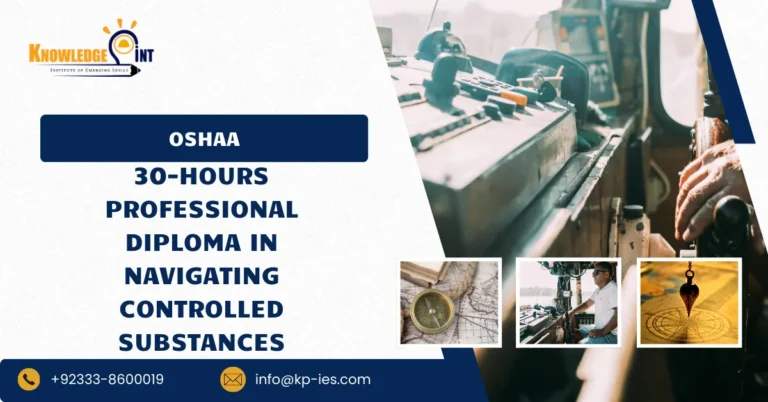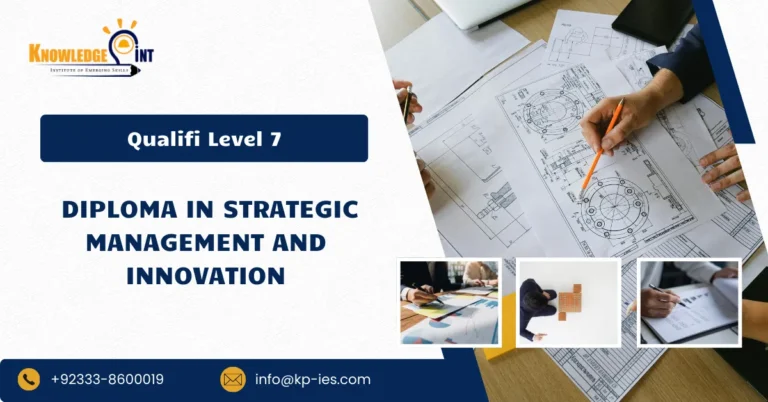ICTQual AB Level 6 International Diploma
Leadership & Executive Management
Awarding Body
ICTQual AB
Credits
360 Credits
Course
Leadership & Executive Management
study mode
Online Learning
Course overview
The ICTQual AB Level 6 International Diploma in Leadership & Executive Management is designed for professionals and senior leaders seeking to enhance their strategic leadership and management capabilities. This qualification provides in-depth knowledge of organisational leadership, executive decision-making, corporate governance, and international management standards. Learners develop the skills required to lead teams effectively, implement strategic initiatives, and drive organisational performance in complex and dynamic business environments.
Throughout the programme, participants acquire advanced analytical, managerial, and leadership skills to manage operations, influence organisational strategy, and deliver sustainable results. Core areas of study include strategic management, leadership theory and practice, change management, performance monitoring, financial decision-making, and corporate governance. The course also emphasises ethical leadership, stakeholder engagement, and the development of high-performing teams. Applied projects and real-world case studies allow learners to evaluate complex business challenges and implement evidence-based solutions at an executive level.
This diploma is ideal for managers, senior executives, team leaders, and professionals responsible for shaping organisational strategy and driving business growth. Graduates are equipped to lead operational and strategic initiatives, manage organisational change, and foster innovation across teams and departments. The Level 6 International Diploma also provides pathways to executive-level certifications, professional recognition, or postgraduate qualifications, supporting career advancement into senior management, consultancy, and leadership roles across diverse sectors.

Approved Training centre of ICTQual AB
Centre # : ATC24001

Entry Requirments
Entry Requirements for the ICTQual AB Level 6 International Diploma in Leadership & Executive Management:
- Educational Qualifications:A Level 5 qualification or equivalent in management, leadership, or a related field is recommended.
- Professional Experience:Relevant professional or managerial experience in leadership roles is preferred for effective participation.
- English Language Proficiency:Since the program is delivered in English, learners must show competence in reading, writing, and communication.
Course structure
The ICTQual AB Level 6 International Diploma in Leadership & Executive Management in Personal Protective Equipment qualification consists of 36 mandatory units.






